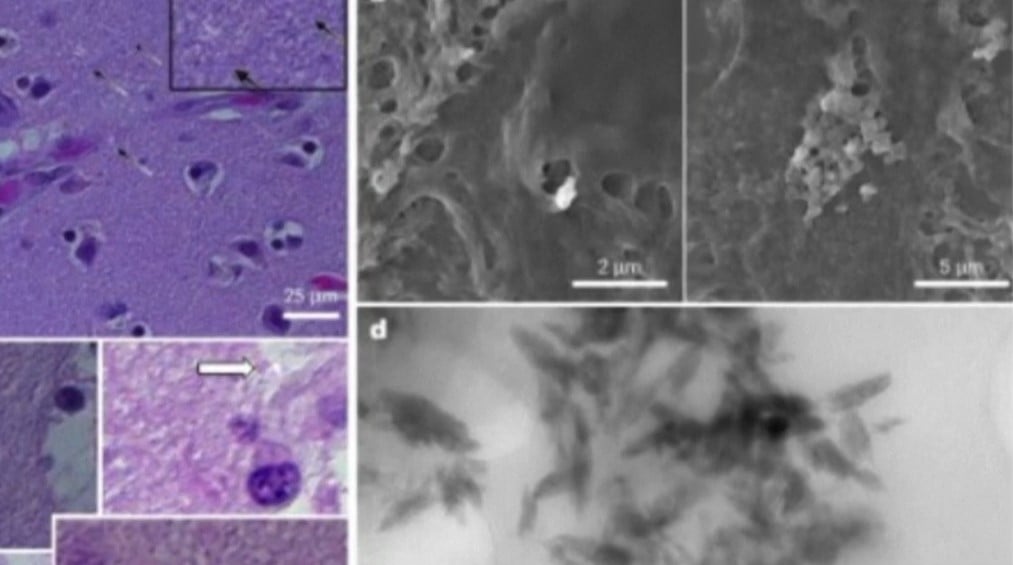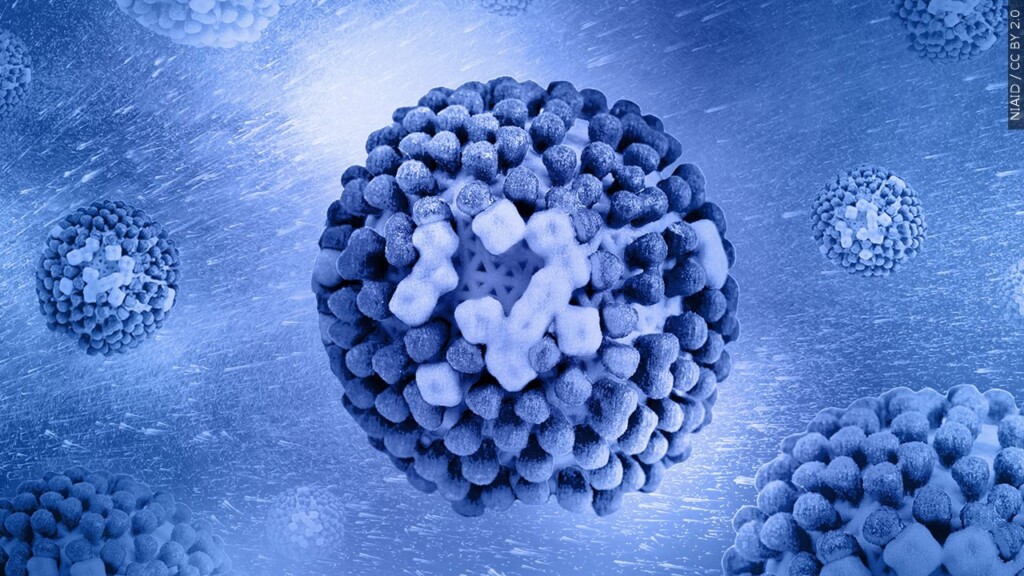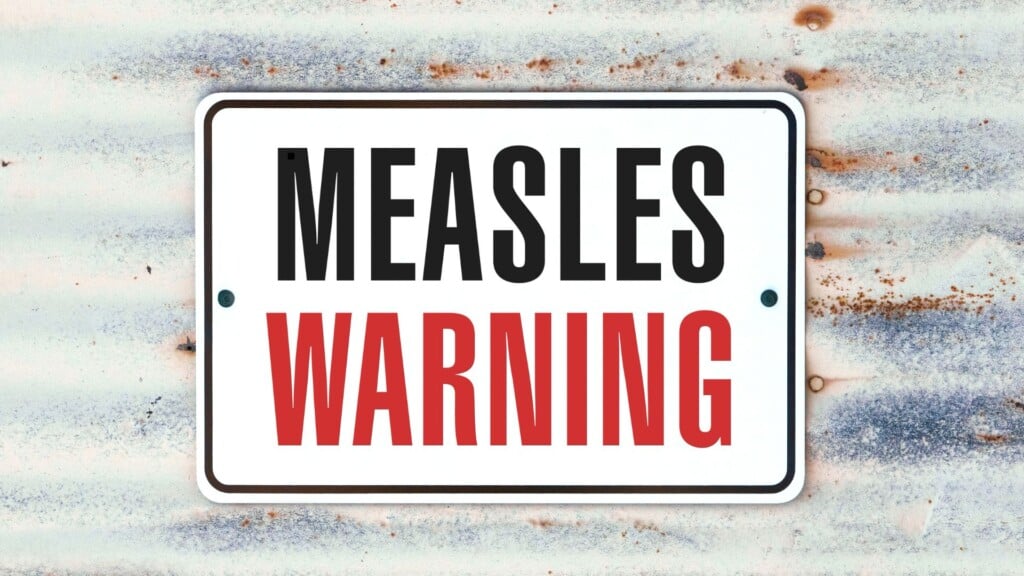Study finds increase in microplastics in human brain; UNMC prof says they are ‘everywhere’

LINCOLN, Neb. (KLKN) — Many of us live in a plastic world, using it every day.
But is it doing us harm?
A new study found a spoon’s worth of plastic in samples taken from human brains in 2024.
“They found approximately 4,800 milligrams per gram of microplastics in brain tissue,” said Dr. Stephanie Widmer, an emergency physician and toxicologist.
That’s 50% more than researchers found when they studied brain samples in 2016.
SEE ALSO: Sweeping study finds high nitrate levels in Nebraska groundwater
Eric Carnes, an associate professor at the University of Nebraska Medical Center who was not involved in the study, said microplastics are “ubiquitous” in the environment and our bodies.
“The microparticles of plastic have been found everywhere that we’ve looked in our tissues,” said Carnes, who works in UNMC’s Department of Environmental, Agricultural and Occupational Health. “From your brain, kidneys, liver, lungs, blood, feces.”
He said right now, the health effects of microplastics and nanoplastics are a mystery and more research needs to be done.
“I wouldn’t expect to see a lot of acute safety issues,” Carnes said. “You know, you’re not going to choke on it or drink it and go blind, or it’s going to clog your kidneys or anything like that. What’s likely to happen is that it could build up somewhere and start causing chronic effects.”
SEE ALSO: UNL study: Microwaving plastic baby food pouches releases billions of particles
Experts said there are simple steps you can take now to reduce exposure to microplastics.
For example, only use a single-use plastic container one time.
“Also, kind of be cognizant of where you’re storing plastics,” Widmer said. “Don’t leave water bottles in cars that can heat up and increase your exposure to microplastics.”
Carnes thinks car tires could also be a source of plastic contamination.
As they degrade, he said the particles will float in the air for a while, then fall to the ground.
“They’re going to come in contact with you, the plants and vegetables that are going to feed the animals that you’re going to eat,” he said. “So that would be my concern.”



